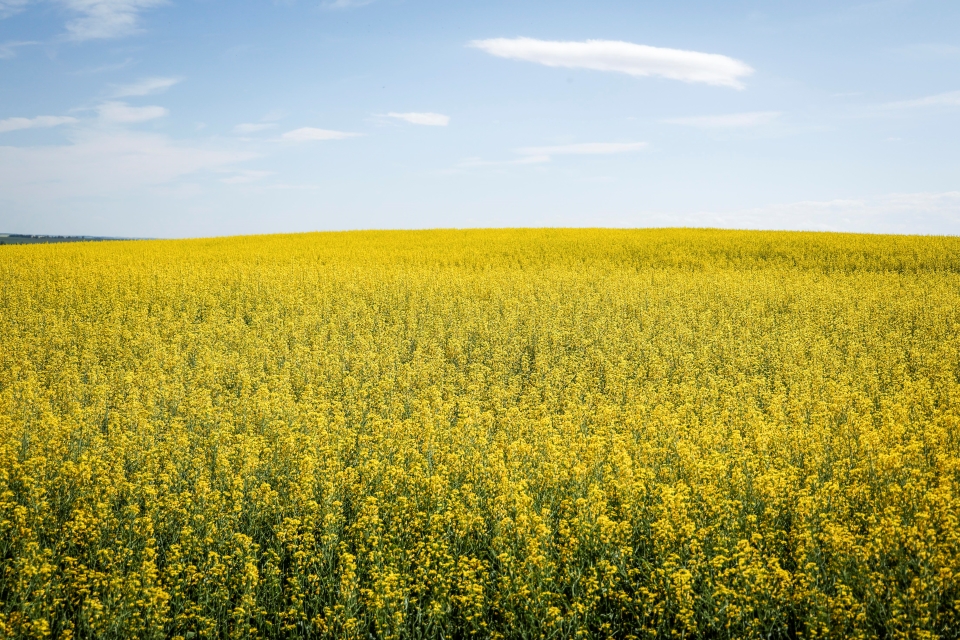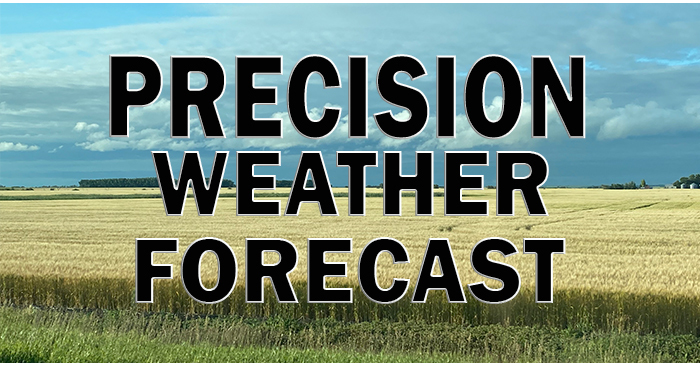Americans will elect a new President Tuesday — the culmination of nearly a two-year process to elect a new US President.
Republican candidate, and former President, Donald Trump and Democrat Vice-President Kamala Harris are on the ballot. Polls leading up to election day have been neck-and-neck.
In addition to voting for a President, Americans will also be casting ballots on who will represent them in the US Senate and the House of Representatives. The Senate, House, and President all play equal roles in passing legislation. That means the party having a majority in the Senate and the House will be very important. The latest polls give the Republicans the edge in the Senate, while the US House of Representatives is too close to call. All 435 House of Representative seats are up for grabs, along with one-third of Senate seats.
The agriculture community in Canada, the U.S., and abroad will be watching the election results closely and once the outcome is finalized, determine what it will mean for relations moving forward.
During the SaskAgToday.com Roundtable on Friday, Kevin Hursh, the Chief Agricultural Editor of SaskAgToday.com, said how healthy Canada-U.S. relations will be depends on the outcome. “With the Trump campaign promoting heavy duties on trade as a way to solve all of their woes, I think that’s something that Canada and Saskatchewan and Saskatchewan Agriculture will have to watch very closely,” said Hursh.
“It doesn’t matter if we’re looking at a President Harris or we’re looking at a President Trump, both of them have signaled that they have issues with CUSMA (Canada-United States-Mexico Trade Agreement), both of them have signaled that they want to re-negotiate this,” said Kyle Larkin, Executive Director of the Grain Growers of Canada, “When NAFTA (North American Free Trade Agreement) was re-negotiated in the last round, there was a lot of difficulties between Canada and the U.S. but at the end of the day we were able to get an agreement…which has allowed grain and grain products to flow from Canada to the U.S., so we’re pleased to have CUSMA but we’re very concerned as to where this re-negotiation could go and we’re going to have challenges with whomever becomes the President.”
A review of CUSMA won’t be until 2026, following not only the U.S. election but also the next federal election in Canada.
Meanwhile, traders are reluctant to hold positions in front of the US election. The President of Ag Resource Company in Chicago, Dan Basse, says traders are nervous about the entire week with the Presidental vote, upcoming meetings of the US Federal Reserve, and another World Agricultural Supply and Demand Estimate (WASDE) from the U.S. Department of Agriculture. “I think you’ll see more of a two-sided trade and then we’ll all be staying up late waiting for the election and trying to understand what it means for agriculture going forward in terms of will there be tariffs? Will there not be? Will there be environmentally-favoured programs? Those are the kind of things we’re thinking about as we get into Wednesday.” said Basse.
Polls indicate most US farmers support the Republicans, even though many are expressing concern that Donald Trump’s plan to impose large tariffs on imported goods could impact agricultural trade, especially to China.
Meanwhile, Harris has mentioned on the campaign trail she voted against the CUSMA agreement and pledge to return manufacturing jobs to the States. It’s also expected she would follow in the Biden administration’s footsteps of foreign policy and trade with Canada, which so far include an executive order to remove the permit of the Keystone XL Pipeline – a long-standing issue that would have transferred oil from Alberta to Nebraska – and Buy America procurement rules.
(With files from CJWW)








